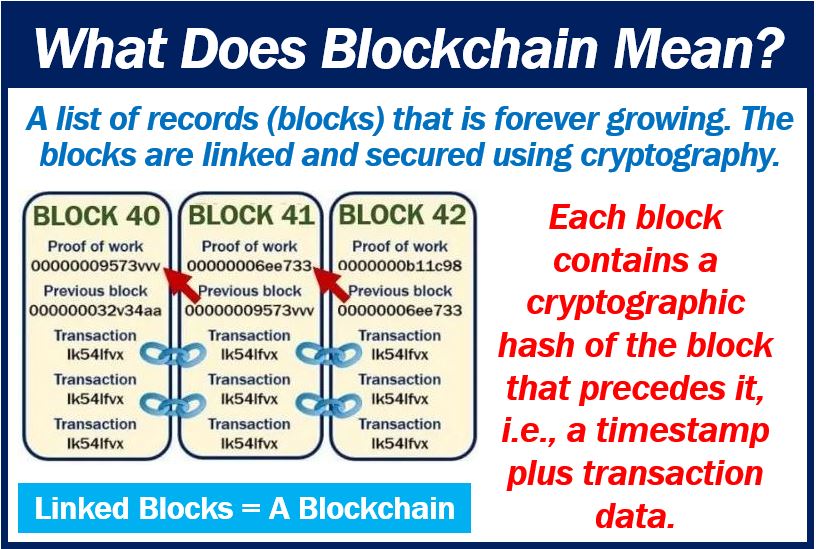The public sector is both an essential part of the development and management of a nation as well as the subject of much suspicion and scrutiny. The reason for this scrutiny is that the public sector has, many times, been found to be plagued with corruption and dishonestly.
This is not limited to a single country as practically everywhere in the world has some evidence of government corruption, from the taking of bribes by public officials to the rigging of entire elections and the misappropriation of public funds. The end result of this is that the public sector is assumed to be corrupt in some way by citizens as almost a default feature, not a bug.

The Setup of the Public Sector
The public sector deals with practically everything related to the running of the state such as elections, tax collections, the issuance of government identification, and so on. This means that it deals with millions if not billions of public records at any given time as well as funds. Given the sheer amount of data and funds that pass through the public sector, some level of error, mismanagement, or misappropriation is practically a given.
After all, it is not possible to have a record of every single transaction that the public sector conducts be recorded without error and without being tampered with, right? Well, it turns out that this level of transparency and record-keeping efficiency can be achieved and this can be done through the power of blockchain.
How Blockchain Comes in
Distributed ledger technology, or blockchain technology as it is commonly called, creates permanent ledgers of transactions that take place across a particular network. These records, once created, cannot be destroyed or changed and remain forever. Additionally, blockchain, by its very nature, distributes its computing power across multiple computing systems at once, even across millions depending on the size of the network.
This means that no singular computer has exclusive control over the blockchain and the data therein, giving both a level of public visibility for the blockchain and democratizing control. Take bitcoin, one of the biggest and most popular blockchains in the world. All transactions that take place on the bitcoin network are public for anyone to see.
This sort of system applied to the public sector can go a long way to fix centuries-old problems of corruption and mismanagement on a scale never before seen.
Blockchain in the Public Sector
What would blockchain in the public sector look like and where would it be applied? The simple answer is that it would be applied everywhere and in a similar vein to which it currently operates in the private sector.
Take elections, for example. The use of blockchains for the casting of votes means that every time a vote is cast, it is publicly recorded, in real-time, on a public blockchain. This means that it is virtually impossible to misreport, miscount, or change a vote that has been cast. If deployed in national elections, the power of human error, corruption, and bias can be eliminated as citizens can see election results as they come in and the chances of elections being rigged or manipulated are reduced.
Then there is the issuance and verification of government identification. Blockchain’s record-creation has made it ideal for the issuance and verification of education certificates and this has been done all over the world, from the University of Bahrain to MIT. This system allows for employers to confirm potential employees’ credentials in seconds and saves time both for them and the University.
In the public sector, blockchain can be used for the issuance of government documentation like passports, drivers’ licenses, and national identity cards. The validity and authenticity of these can be validated on a national blockchain with ease and this eliminates instances of fake documents being issued by corrupt officials and even falsification of documents by private citizens.
Blockchain can also be applied to record-keeping in terms of public funds dispensation. All around the world, it is not unusual to hear of public funds being misappropriated by public officials but the use of a public blockchain that permanently shows where funds were disbursed will go a long way to curbing and exposing this corruption.
As blockchain continues to gain even more popularity across the world, the public sector will be one aspect of life that will stand to benefit the most. This is because blockchain essentially solves problems of corruption and misconduct that have existed for centuries with efficiency and ease.
Interesting related article: “What are Blocks?”
